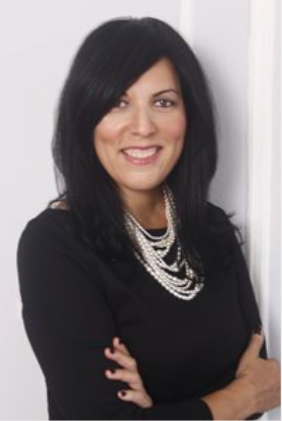Realisms: Politics, Art, and Visual Culture in the Americas
Symposium for Emerging Scholars at
The Institute of Fine Arts and the Institute for Studies on Latin American Art
Date: April 30, 2016
Keynote lecturer: José Luis Falconi
Deadline: February 15, 2016 2016
The call for papers that follows has been provided by the symposium organizing committee. Read the full call for papers and find out more about ISLAA on their site.
CALL FOR PAPERS
The Institute of Fine Arts and the Institute for Studies on Latin American Art are pleased to announce the inaugural IFA–ISLAA Symposium for emerging scholars, “Realisms: Politics, Art, and Visual Culture in the Americas.” The symposium will take place on April 30, 2016 with a keynote lecture by José Luis Falconi.
In the past few years alone, there has been a proliferation of art initiatives that have attempted to synthesize and analyze Latin American art. While such endeavors have been instrumental in raising the profile of this field, they inherently risk creating an idealized history of visual culture, in which the realities of art-making in the Americas recede or are otherwise mystified. Rather than attempting to understand American visualities through received stylistic categories (e.g. geometric abstraction, figuration, conceptualism), an approach that engages more directly with aesthetic and social realities may begin to expand our understandings.
This conference considers “realism” in the Americas not as a stylistic mode pertaining to figuration, mimesis, or authenticity, but rather as a strategy for critically addressing social, political, and economic conditions. Departing from Jacques Rancière’s proposition that “an image is an element in a system that creates a certain sense of reality,” we aim to examine how visual interventions might “construct different realities…different spatiotemporal systems, different communities of words and things, forms, and meanings.”1 From the struggles for independence circa 1800 to contemporary actions addressing political violence and exclusionary immigration policies, the problem of reality has proven central to representations of life across the hemisphere. At a moment in which “global art history” has gained increasing prominence, and in which Latin American art history has moved from the marginal to the canonical, how can we address the specificities of lived experience, both local and hemispheric, while also acknowledging broader connections?
Current graduate students, recent graduates, and emerging scholars are invited to apply. Applicants from fields outside the realm of art history, but grounded in visual material, are highly encouraged (e.g. Cinema and Media Studies, Latin American and Latina/o studies, Visual Culture).
Possible topics may include but are not limited to:
• Art and activism, human rights
• Decolonization, immigration, asylum
• Subjectivity, affect, intersectionality
• Geographic, social, and political topographies
• Reenactment and the place of memory
• Labor, natural resources, global markets
• Technology, communication, surveillance
• Housing, monuments, space
The conference will serve as the principal event of the Latin American Forum for Spring 2016. This ongoing forum—generously funded by the Institute for Studies on Latin American Art (ISLAA) and coordinated by Professor Edward J. Sullivan—invites distinguished visiting lecturers to the IFA to foster greater understanding and recognition of Latin American art around the world.
To apply, please submit an abstract of up to 300 words to [email protected] by Monday, February 15, 2016. Applicants will be notified of their acceptance by Monday, February 29, 2016. Presentations will be limited to 20 minutes, with additional time for discussion. In your application, please indicate your current institutional affiliation and from where you will be traveling. Limited funding will be available to assist with travel expenses.
The conference is organized by current IFA PhD candidates in modern and contemporary Latin American art history: Sean Nesselrode Moncada, Juanita Solano, Susanna Temkin, Lizzie Frasco, Blanca Serrano Ortiz, Priscilla Bolanos Salas, Emily Lyver, Brian Bentley, and Madeline Murphy Turner. For further information or with any questions, please contact [email protected].


